In part two, economist Djavad Salehi-Isfahani outlines what’s necessary for Iran to have a just energy transition and sustainable future. Salehi-Isfahani urges a reversal of destructive U.S. sanctions in order for Iran to better tap into its highly-educated workforce. He also argues that Iran is in a much more advantageous position to move away from its oil-export model, especially when compared to other oil-producing Gulf countries.
How Sanctions Work: Iran and the Impact of Economic Warfare – Djavad Salehi-Isfahani Pt. 1/2
Talia Baroncelli
Hi. You’re watching theAnalysis.news, and I’m Talia Baroncelli. This is part two of my conversation with economist Djavad Salehi-Isfahani. In part two, we continue our conversation on the effects of sanctions on Iran, as well as globalization and the cheapening of the Iranian workforce.
If you’d like to support the work that we do, feel free to go to our website, theAnalysis.news, hit the donate button at the top right corner of the screen. Also, get onto our mailing list so that you can get all of our content sent directly to your inbox. Make sure you like and subscribe to our YouTube channel or go over to Apple or Spotify to listen to us there. All right, let’s get into it again with Djavad Salehi-Isfahani.
Joining me now is economist Djavad Salehi-Isfahani. He’s a professor of economics at Virginia Tech University in the U.S. and is also a research fellow at the Economic Research Forum in Cairo, and a research affiliate at the Middle East Initiative at the Harvard Kennedy School. He recently co-authored a book called How Sanctions Work: Iran and the Impact of Economic Warfare, which he co-authored together with Narges Bajoghli, Ali Vaez, and Vali Nasr.
We were speaking about the effects of U.S. sanctions on Iran, and you mentioned that sanctions actually have differentiated effects on the middle class. You made two distinctions. There are sanctions on oil as well as sanctions on financial exchange. Could you speak about these two different types of sanctions and the effects they have?
Djavad Salehi-Isfahani
Thank you for that question. It is really the core of my interest in understanding sanctions. You see, when the Iranian government goes to the Americans and says, “Let the Koreans give us $7 billion, [inaudible 00:01:51] $6 billion goes to Qatar, and it doesn’t come.” That whole negotiation is not about the Iranian middle class. It’s about, “Let me have the money so I can provide for the poor,” and they can provide for the poor. They can bring more chicken, more food, and so on.
What the middle class needs is access to productive technologies and access to markets. They have skills. Those skills are valuable on a global stage. Right now, there are many Iranians savvy in IT who have access to Deep Seek, which is this publicly available AI, and they can do stuff with it if they can sell it abroad. Iranian workers, including IT engineers, are relatively cheap worldwide. They can probably outcompete the Indians and Chinese if there’s a level playing field. Right now, that level playing field does not exist, which is an Iranian engineer has access to a credit card with which she can buy new apps that she needs for developing new apps and then be able to sell those apps and have the money come to her bank account.
That’s how bad it is for a representative, sophisticated Iranian engineer who worked very hard. I’m sure this section of the Iranian government is aware of the necessity of having a middle class. Helping this engineer stay in Iran and prosper is symbolically so important for the rest of the middle class to feel they have a place in the country and their country can help them. Just like you send a volleyball team and they do very well or a soccer team. These people need government support to go on the global market and do well. The government hasn’t done enough for them. It has told them to be patient; things will improve by joining BRICs. But everybody knows that ultimately, when you have the new JCPOA, instead of saying, “Well, we bought 200 new planes for you,” would be to say, “Now, if you’re sitting in a small town, you have a good Internet, and you can compete with anyone on the globe.” That’s part of the flat Earth story of Thomas Friedman that I believe in. You can make a new app, and you can sell it globally.
I made an example of a software engineer. It could be someone who makes Iranian goods of any kind. I know a company, for example, that makes very high-quality electrical fixtures. The owner of that company once showed me a video in which his marks were being placed on Chinese goods, much inferior because Iranian goods have a good reputation. This is 20 years old now. Now that dollar has gone to $90,000 Tuman, and Iranian workers are benefiting from low domestic price of food and other services. They are very competitive outside Iran but not so competitive inside Iran. And inside Iran, demand is depressed. We have a stagnation. We have austerity. If you make anything, make a beautiful door that somebody could put in his mansion in Dubai; it’s very hard to make the transaction. But if the transactions were possible, the Iranian who would make that door would be doing it at a third of the price of anybody else in the region because the Rial is so devalued and the basket of the worker is full of the government subsidies, from health care to education to food and so on. So that’s the point I’m making.
Sanctions that prevent average, medium to small private sector producers from taking advantage of the huge devaluations that Iran has suffered, taking advantage because now their goods are cheap abroad, and they produce, employ people, and expand their business; those sanctions are the worst kind. I don’t lose sleep thinking Iran cannot sell oil because, in any case, I don’t think in 20-30 years, the world is going to allow Iran to be extracting oil and selling it and polluting the environment. Finding this other way is the path to the future.
Iran is in a unique position, unlike Saudi Arabia, unlike the other countries in the region whose workers are very expensive. They actually have to bring workers from South Asia in order to produce something and export, which is a real silly situation. Ordinarily, Saudi Arabia would invest in South Asia and let them sit in their homes, produce something, and export. But right now, that’s what they’re doing. Iran is poised to show the way how it is that you can throw away your addiction to oil and have human capital-based economic growth, which has been the path of every other country. If you read economic textbooks, it is all about people having skills and doing well, at least in the last few decades before that, robbing other countries was also part of the deal.
But right now, if you look at South Korea, for example, it’s the human capital that’s selling. Chinese, the same. Iranians are poised to do that because through a lot of suffering, the cost of their labor has decreased. At the same time, they’ve accumulated skills that can be sold globally. I see a huge opportunity if somehow Iran could get the West to take its foot off the financial neck of Iran.
I argue whenever I get a chance to speak or to write that this is good for the United States, it’s good for the West, because to encourage more pollution, encourage these very, very expensive projects in the Middle East, doesn’t have a future. The future has to be a rising middle class with skills that can be sold globally, which brings a lot of optimism about globalization. I am ultimately in favor of globalization because all the countries that have developed have developed by connecting to other countries, not just selling to their own people. If the U.S. is interested in a prosperous and calm Middle East, it has to be a Middle East with a lot of middle-class people with skills that are appreciated globally.
Talia Baroncelli
You say something that’s quite interesting because one of the effects of globalization has generally been the depression of wages and cheap labor. Correct me if I’m wrong, but that’s one of the effects of globalization that you have, as you mentioned, cheap labor sources in other parts of the world, for example. In East Asia, China has done a lot to actually bring people out of poverty, but for the most part, around the world, in the Global South, the global majority is essentially a source of cheap labor.
I’m wondering why you think globalization might be the way to get Iranians out of the economic predicament they’re currently in. Just one other question I could ask you something else that you said that I thought was really interesting: Iran’s cheap labor. If people are getting paid so little, what is preventing them from complete rebellion? Is it the subsidies that are in place, the oil subsidies, for example, that are enriching people’s lives and making up that difference so that Iranians have a bit more purchasing power to actually buy the goods that they need? Is oil subsidies the way for the Iranian regime to keep people somewhat calm and complacent?
Djavad Salehi-Isfahani
Do you want me to answer this question first? Because I think there were two different questions. Yes, it has to do with the devaluation that is only occurring in the so-called curb market, the free market, which is not where most of Iran’s trade is taking place. When you have a situation like that and a lot of other goods are being imported, like medicine is being imported, I believe, it is still at the rate of 4,200 Tuman per dollar. Some other stuff is being imported, 28,000 Tuman per dollar. Some stuff is 55,000 Tuman. These are all multiple exchange rates. And the exchange rate that a manufacturer who sells abroad now or that proverbial young IT engineer could get for is none of these. It is 90,000. If she sells something, she’s going to get 90,000. She’s not going to get 55 or 28. If she did that, it would be even. That’s not a very competitive wage.
The story is that through various mechanisms, the Iranian government keeps the cost of living low in Rial, which is why we have this thing called PPP, purchasing power parity. World Bank calculates that to get an idea of this gap between the cost of labor outside Iran, the cost of Iranian labor if stuff is sold in Afghanistan or inside Iran, you can get that from looking at the gap between the purchasing power parity exchange rate, which looks at the cost of buying stuff inside Iran.
Last year, it was 9,000, one-tenth of the competitive exchange rate. I would say today is probably around 14,000-15,000 Tuman, but still a big difference with 90,000. That is the essence of the hidden competitive advantage that Iran has.
Now, your other point, my experience is that globalization does not make people poor. It allows the poor people to compete with others. Because it brings to light the poverty in these countries, we start thinking that maybe it happened because of globalization. But all it’s doing really is making it apparent.
A woman leaves a poor village, maybe exploited by her husband, maybe by the landowner, and goes to a factory in Bangladesh. She’s very lowly paid. If you compare her work with a worker, I don’t know, in any other country, you say, “Oh, that’s terrible.” You may say that globalization caused that. But you didn’t see her before globalization. You weren’t in the village to see what life was like. The fact that she chose to leave home and get a job, have money in her pocket, and maybe get a little bit of education are all things that are hidden and can be an impact of globalization.
Now, Iranian globalization is very interesting, and if there’s time, we could talk about it, but there are two periods of industrial growth in Iran, one in the 1960s, which is exactly what you said. It is where the poor come to war, and you see poverty actually increasing because, just like globalization, let’s say, in Bangladesh, globalization comes with poor people becoming more obvious to everyone. These are the Khosh Neshin who left the villages and came to the cities, just like the poor Afghanis who came to Iran to build roads, water, and public parks. I would say if you look at Iran’s globalization with oil which is 1970s, that’s globalization, too. It really benefited everybody. The poverty rate fell by half, and a lot of Iranians got stuff in their houses. That’s a very different globalization. That’s like globalization with people coming and giving you money for oil. The globalization that says you got to become competitive requires hard work and requires poverty to be competitive. That’s the globalization Iran experienced in the 1960s, can again experience now if financial markets became available to Iran, but we are not there yet. I’m hoping that we don’t go back to the globalization of “Give us oil and money. We are happy. Thank you very much. Don’t expect anything from us.” I like the globalization that says, “What can you produce that is better than everybody else?” I’m sure Iranians will succeed in that arena. I’m looking forward to the U.S. becoming a little wiser and allowing the Iranian middle class to enter the global stage with some very simple access to banking services to begin with.
Talia Baroncelli
In response to your comments on globalization, I think perhaps we’re talking past each other in a way because there’s this race to the bottom where transnational corporations, for example, they’re looking for cheaper labor forces due to globalization and limited restrictions on transfer of resources, of goods, and services across state borders, a U.S. company transnational can go to Bangladesh or whichever other country to find a cheaper labor source. And that’s something that globalization is typically enabled. But globalization isn’t necessarily the reason why people are poor. Of course, there are other reasons for that.
If you look at the Shah time, for example, some of his reforms in 1961, the land reforms, as you mentioned, resulted in some people having less access to the land because they were under a feudal society in a way prior to those land reforms. They were working the land, but then they became landless, and then they had nowhere else to go. Some of them went into the cities, then couldn’t find jobs, and then they were poor. That’s maybe not necessarily a result of globalization per se, but as a result of dispossession and land reforms.
Are you in favor of globalization that has certain standards across the board for workers as well? In general, I see it as unfettered capitalism, profit-seeking, where companies can do whatever they want. They can have this race to the bottom and search for the cheapest workforce. But there are actually restrictions on human labor. So humans can’t necessarily travel wherever they want to find the jobs that they’re looking for, the lives that they are looking for. I guess the restrictions that are placed on capital and the mobility of goods and services are not the same as those that are placed on humans.
Djavad Salehi-Isfahani
That debate on globalization that you’re touching upon makes a lot of sense to me. I think there should be global standards that the society, the Bangladesh society, Iranian society, has a duty to take care of its people and not allow foreign capital to come in and exploit its people the way foreign capital did in Africa, sending people to mines and so on. That was a failure of African states to prevent that.
In general, I think I am on the fence about whether globalization is good or bad. That’s because the countries where people have prospered, their workers have prospered, that includes China, South Korea, Turkey, in our neighborhood, countries that have had access to the global markets. I think of globalization as a way out for poor countries.
Now, the debate we’re having now about Iran is very different from that general debate. It’s a very simple thing. Access to other markets, that’s got to have its advantages. I don’t see anyone saying, “If I can lose my access, I’ll be better off.” Just does not make sense to me. How Iran will take advantage of the global markets, if and when it gains access is important. If the access means bringing oil money and letting people get cheap dollars, buy luxury stuff with it, or travel abroad, or buy stuff abroad, it is not so good. But if it means that all this human capital is accumulated in Iran, that we know is productive.
I am part of the conduit for the transfer of human capital from Iran to abroad because I have a Ph.D. program here and I’ve admitted the students and I help the students gain a foothold in this country. It’s sad, but I know these are productive people. Now, they could stay in Iran and compete if the financial markets became available. I don’t see any justification for saying globalization is bad. These people are better off staying in Iran and not doing what normally people do in their country. I have something I can sell. If my fellow countrymen are not buying it, maybe someone across the board is willing to buy it. That’s my right to do that. That’s, for me, the meaning of globalization.
But I appreciate the other debate where looking at it globally and maybe going back 100 years, things were really bad, and globalization was very exploitative. Poor central governments, weak central governments, were unable to protect their workers, unable to say, “If you hire my worker, she has to have a pension because she’s going to get old, and I can’t take care of it. You, the employer, have to come in and provide that. You have to come in here and help me set up a social insurance system where these workers who are young, strong, and productive when they become old, somebody takes care of them. I want to make sure there’s a minimum wage.” All the stuff that developed countries have done has to take place. Globalization without these institutions is very exploitative. I wouldn’t put the blame on globalization, but then saying, close the borders, you’re better off. I put the blame on weak, incompetent central governments that are unable to provide the necessary protections for the workers who are now joining a world capitalist system.
Talia Baroncelli
We’re looking at things from a very specific viewpoint because in the larger grand scale of human development, it’s just the past few centuries which have been constituted by nation-states and with actually having borders. That is not something that has typically been the case. In general, people have, in past centuries, been able to travel and to share experiences. Culture has developed as a result of people traveling from different places and as a result of trade. So globalization per se is not a bad thing. It’s when there’s unfettered profit-seeking and accumulation and transfers of goods and services and limits on the mobility of people and trying to extract their surplus wealth that has actually, I would argue, brought us the situation we’re currently in.
Djavad Salehi-Isfahani
A good way to put it. I am against globalization that brings the industrial life of 18th and 19th century England to developing countries, the Dickensian world. I’m against that. I want the world that workers have now to come. I have seen enough of that to know that it’s possible. In my lifetime, Koreans who were very poor, by some accounts, poorer than Iranians, now have decent lives, their workers, because Korea made sure that industrialization came to Korea, not in a Dickensian style. It came with some Korean cultural, Korean social protection and so on.
Talia Baroncelli
And a lot of state planning as well. There was centralized planning.
Djavad Salehi-Isfahani
Yes. No private employer thinks about what happens when workers get poor, when they get old. Nobody thinks like that, or what happens when they fire them. We know that. It’s the job of the community, the society, to impose restrictions on the employers that you can hire this person, but you are hiring a human being, and this human being is going to get old. What about that?
All industrialized countries now have this provision in employment contracts. I think if the Iranian central government is mature enough, strong enough, and I would say, sufficiently attuned to the poor people’s needs, that if it globalized, I would not see the danger there of people getting exploited. They already have social insurance. It’s not very solvent right now, but this system is in place to have an industrial world, a capitalist world, in which people are not starving or getting old and frail and not having health insurance and so on. In states like that, I would say you need global access because you’re well protected against this Dickensian industrial society. Let’s get the advantages of industrialization, which are people learn skills and are able to gain benefits from those skills, if not from the domestic market, from outside markets.
Talia Baroncelli
Do you think that this would be the only way to transition to more sustainable forms of energy? If Iran was really pressured for whatever reason, maybe because of it’s realization of the climate crisis or maybe people put pressure on its government to do so, if it decided to just leave the oil in the ground and to not touch its oil reserves, how would it be able to then transition to more sustainable forms of energy. This would probably require undoing all the sanctions on Iran. Would it then require additional global ties, taking advantage of its highly educated workforce? Or how do you see in a hypothetical ideal situation, how would you see that play out?
Djavad Salehi-Isfahani
That’s a very good point. I must say I would never advise the Iranian government to shut down its oil fields. I am seeking a balance. For a long time, it has been oil winning over human capital, to put it succinctly in economic terms. I like the human capital to now gain priority over oil. Oil is very good and it helps Iranians buy technology. It supplements their food supply, which is necessary because of drought, and so on. I see a very important role for oil. I just like the society to see its real wealth in the skills of its people the way all advanced nations do. They don’t look at their minerals under the ground and say, “Oh, we are lucky. All the British people can leave because we have coal under the ground.” This is a very simple economic stuff, I think. I see a balanced portfolio with exports based on oil and exports based on human capital, Iranian skills, because that’s what’s going to keep skilled Iranians inside Iran happy and proud of what they’re doing.
Talia Baroncelli
But there is also, obviously, lots of climate reporting and also general climate agreements that say as a planet, if we surpass 1.5 degrees in warming, then there could be certain tipping points which then lead the planet to continue to warm even further to, say, 2 degrees Celsius or 3 degrees. Again, I’m speaking in hypothetical terms, but if people put pressure on the government to be aware of these climate crises and these realities, then at a certain point, some of those oil exports would have to be reduced.
Djavad Salehi-Isfahani
yes, I think there’s a lot of complexity in how that might come about. Right now, we are witnessing the richest country on Earth, the United States, increasing its pollution. It will be very hard to convince other countries to cut down on their pollution to save the planet for the United States and for other big polluters.
I am certain that things will get bad enough for the world to bring an agreement, not like the Paris Agreement. It will be a very serious and negotiated agreement where everybody recognizes that oil production is the source of the problem and natural gas production. Countries like Saudi Arabia will have to find a way. What I’m saying is that Iran is in a better position to deal with that. Even though right now, you might hear from the people, all who sell the stuff, “Give me the dollars,” because they want to leave the country. If you are leaving the country, all you care about is cheap dollars. You can sell your stuff, maybe house, and then go buy something abroad. But if Iran became a more hospitable place for its trained workforce, I would hope that they will stay abreast of the global dialog on saving the climate, and they will do their part.
When you go hiking in the northern mountains north of Tehran, you see young people carrying big plastic bags. They’re collecting those. These are not hobos trying to sell that stuff. They care about the place they live, the place they walk, and when they see trash, they pick it up. That’s a small example, but it’s the spirit of the middle class who is well off to some extent but also cares about the environment. I’d like those people to be in empowered. Right now, I see the only way for them to become empowered is to be able to live in Iran and sell their skills abroad.
Talia Baroncelli
All right, Djavad Salehi-Isfahani, it was great speaking to you. Thank you so much. I feel that we can continue this conversation another time to speak about other issues and other things you’ve been writing about, such as social inequality. It’s been really very fascinating to speak to you and to get your economic expertise on Iran.
Djavad Salehi-Isfahani
The same. Thank you for the opportunity. I really enjoyed this conversation.
Talia Baroncelli
Thank you for watching and supporting theAnalysis.news. See you next time.
Podcast: Play in new window | Download | Embed
Subscribe Apple Podcasts | Spotify | Android | iHeartRadio | Blubrry | TuneIn | Deezer | RSS
[simpay id=”15123″]
Never miss another story
Subscribe to theAnalysis.news – Newsletter
Djavad Salehi-Isfahani is a professor of economics at Virginia Tech, and a visiting fellow at the Middle East Youth Initiative at the Wolfensohn Center for Development housed in the Global Economy and Development program at the Brookings Institution.
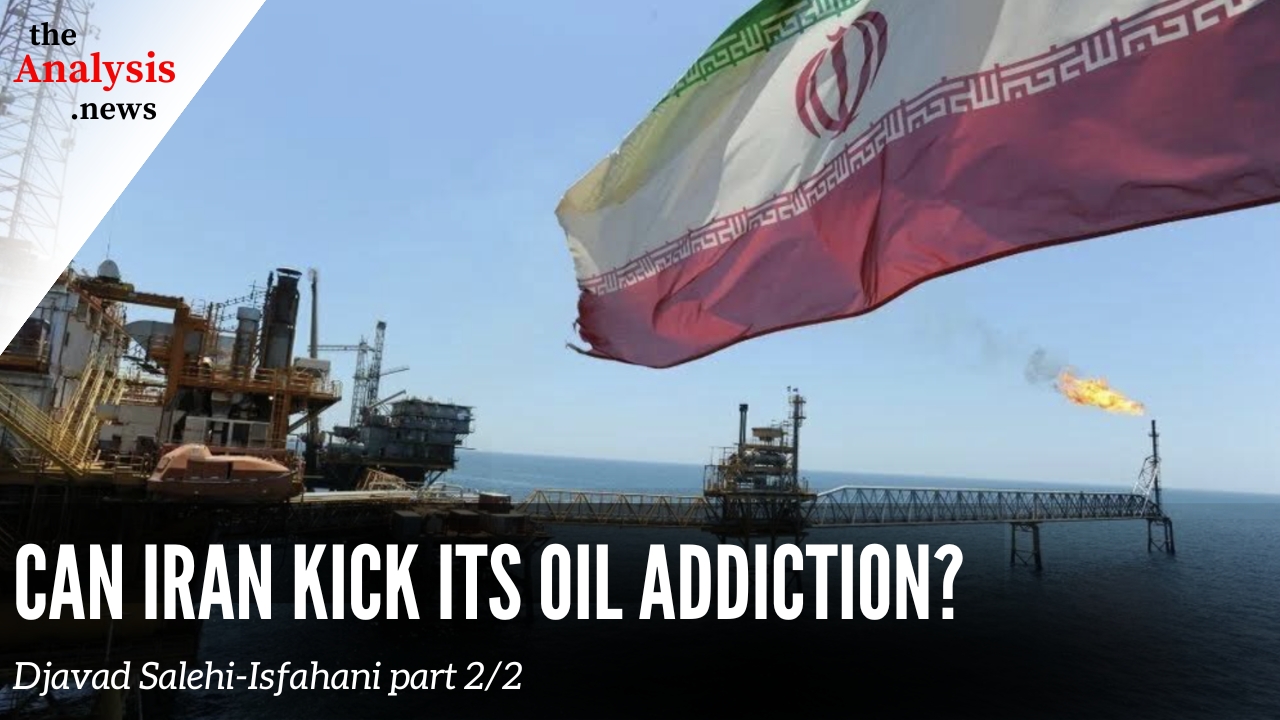
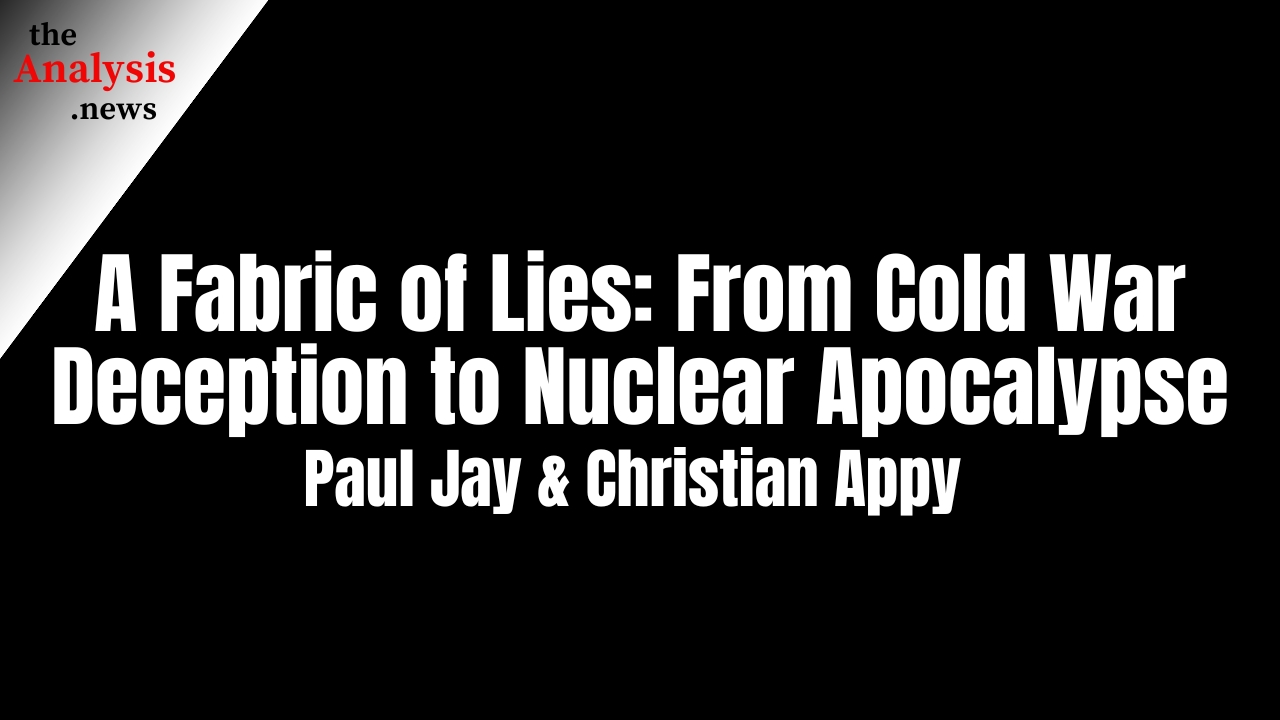

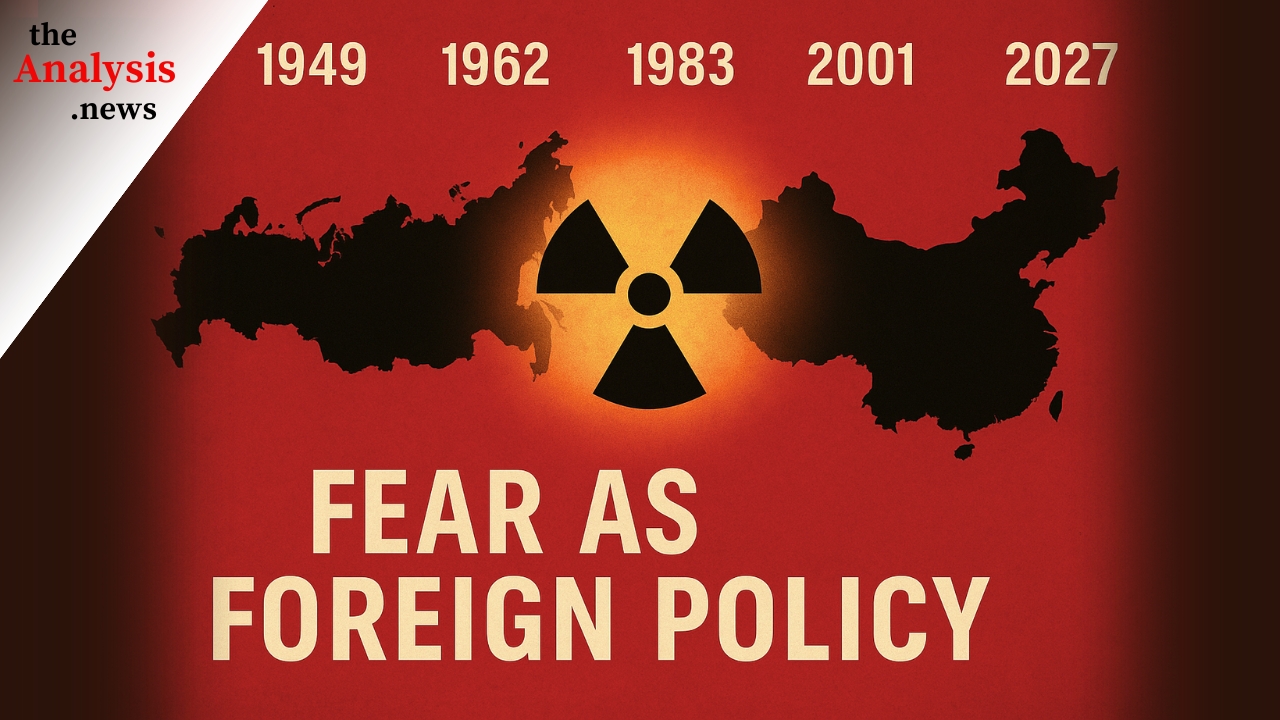
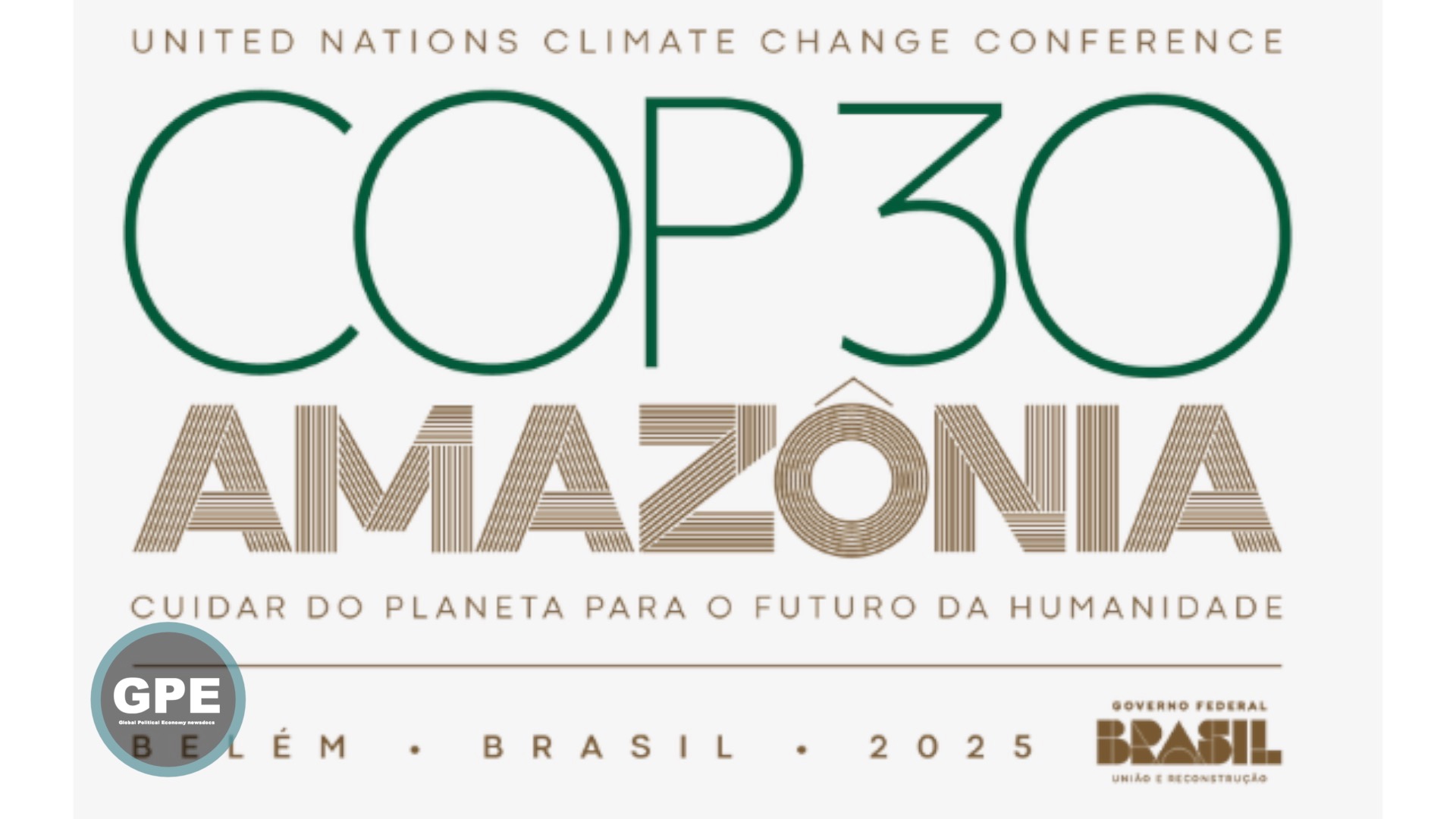




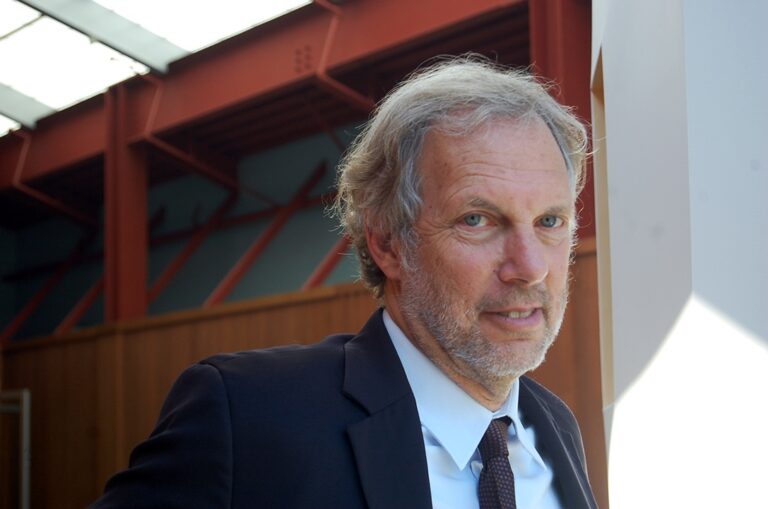

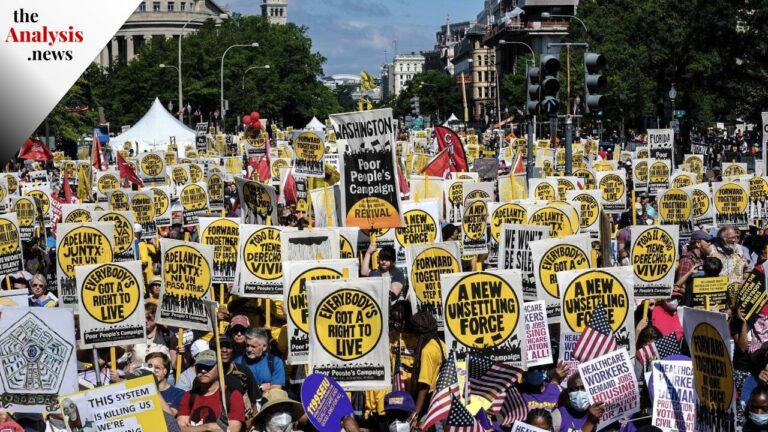
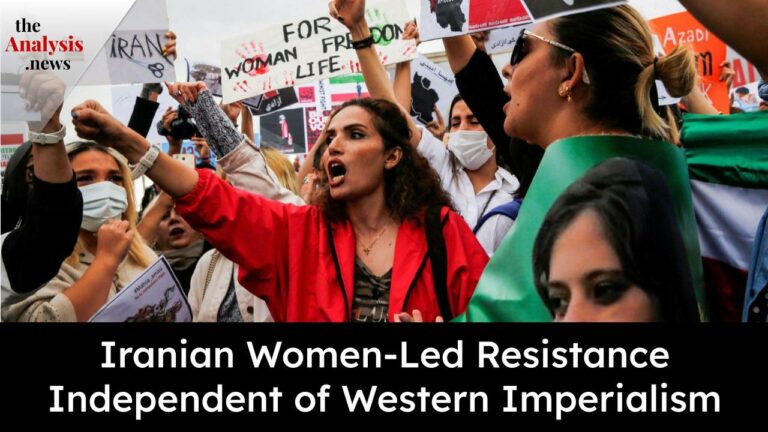
You’re asking the wrong question. Ask about Amerikkka kicking it’s oil addiction.